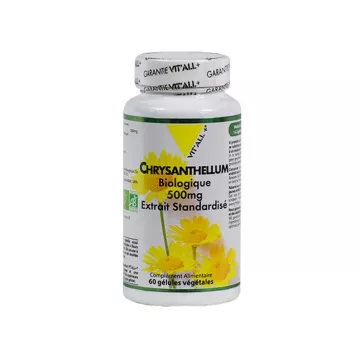
Blood pressure plays a major role in blood vessel health. Too high a pressure, known as hypertension, can cause damage to artery walls, increasing the risk of atherosclerotic plaque formation. Conversely, too low a pressure can lead to insufficient blood perfusion to vital organs. Monitoring and regulating blood pressure is therefore essential to maintaining healthy vessels.
Cholesterol is a fatty substance essential to the body's proper functioning. However, excess LDL ("bad") cholesterol can build up on blood vessel walls, forming plaques that reduce or block blood flow, a phenomenon known as atherosclerosis. It is therefore important to monitor cholesterol levels to maintain vascular health.
Recent advances in the treatment of blood vessel diseases include new, more effective drugs, minimally invasive surgical techniques, and the use of stents and endoprostheses. Gene therapy and regenerative medicine, such as the cultivation of blood vessels in the laboratory, are also being studied, offering new prospects for effectively treating vascular disease.
Diabetes can have a negative impact on blood vessel health. High blood sugar levels over a long period can lead to hardening of the arteries (atherosclerosis) and reduced vessel elasticity. This increases the risk of cardiovascular disease. Rigorous diabetes management is essential to protect blood vessels and prevent complications.
Regularexercise is good for blood vessel health. Physical activity improves blood circulation, reduces the risk of atherosclerosis, lowers blood pressure and helps maintain healthy cholesterol levels. Cardiovascular exercises such as brisk walking, cycling and swimming are particularly effective in strengthening the vascular system.
A balanced diet plays a crucial role in blood vessel health. Foods rich in omega-3 fatty acids, such as oily fish, and those containing antioxidants, such as fruit and vegetables, help reduce inflammation and maintain vessel elasticity. Conversely, a diet rich in saturated fats and sugars can promote atherosclerosis and hypertension.
The most common vascular diseases include coronary heart disease, stroke, hypertension, peripheral vascular disease and aortic aneurysm. These conditions are often linked to plaque buildup in blood vessels, poor circulation, or vessel damage due to risk factors such as smoking, diabetes or obesity.
Stress can have a negative impact on blood vessel health. In response to stress, the body releases hormones such as adrenaline and cortisol, which can increase blood pressure and heart rate. Prolonged exposure to stress can lead to inflammation of the blood vessels, promoting atherosclerosis and other cardiovascular diseases.
Smoking is extremely harmful to blood vessels. The chemicals in cigarette smoke damage the inner lining of blood vessels, leading to inflammation and atherosclerosis. Smoking also increases the risk of blood clots, high blood pressure and narrowing of blood vessels, raising the risk of heart attacks and strokes.
Yes, several screening methods are available for blood vessel disease. These include blood tests to measure cholesterol and triglycerides, Doppler ultrasound to assess blood flow in arteries and veins, electrocardiogram (ECG) to detect heart abnormalities, and angiography to visualize arteries. These examinations enable vascular problems to be detected early and appropriate treatments to be put in place.